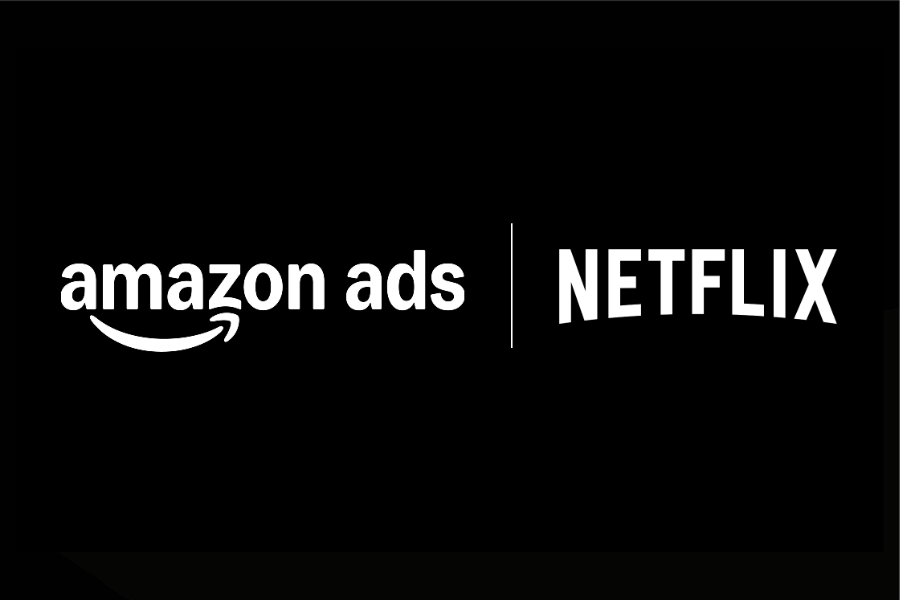Yahoo has elevated Paul Sigaloff to vice president, head of APAC. Sigaloff was previously managing director and vice president for Australia, India, Southeast Asia, and New Zealand.
With his new mandate, he will lead sales for the ad technology business across the APAC region and his expanded remit includes Australia, China, Hong Kong, India, Japan, New Zealand, Singapore, Taiwan, and Southeast Asia.
Charting on a new course as vice president and head of APAC, he aims to work on Yahoo’s core business intricacies. These intricacies include mail, search, advertising technologies, Yahoo Creative Studios, and the Metaverse as the tech player aims for scalable solutions.
We caught up with Sigaloff to learn more about this new mandate, the approach to the Indian market, and more...
Edited excerpts:
What plans will be executed as you take on the role of APAC head to expand Yahoo India’s growth and advertising solutions?
For APAC and India, we have a talented team in place and I’m proud to be leading them. The new phase is about APAC sales, specifically to maintain growth stability and profitability. The mission is to give these markets a global scale with local autonomy through their country leads.
We want to make sure the region's focus is on platform growth to maximise our full-stack. Another focus area is aligning this region to our global structure.
Yahoo India had to shut down its news operations in India last year. What have the repercussions of this been? As you come in as head of APAC where will this steer towards?
Our products that continue to operate in India are Yahoo mail and search. In addition to that, we are also growing our advertising business. So, we are well placed to pursue strong opportunities in India across solutions like DSP and native advertising.
The owned and operated companies shut down last year. But the impact was only less than two per cent on outgoing campaigns. Despite the change in dynamics and headwinds, it is important to point out that our advertising business has been a strong contributor to our global growth story.
Are we seeing a large number of users on desktop or mobile for Yahoo? Do the marketing affiliates differentiate when it comes to the two mediums?
Advertisers want to engage with our audiences. The shape of our consumption is the shape of the growing increase in mobile usage in India. However, the formats that we have are a response to design. It is really about reaching people wherever they are, giving them access to the content they love on the device they are on. We do this by making sure there is consistency in the content and advertising experience.
What kind of advertising avenues can Yahoo's clients leverage from?
There is a raft of things we do through our full-stack and omnichannel. We have got our rich proprietary data, owned and operated inventory, and third party supply. Through our market-leading technologies, we enable publishers to monetise their audiences and connect advertisers to audiences at scale. We do these solutions in real-time.
When we look at 2022 and beyond, there are challenges faced by the industry. There are data headwinds with all the browser changes and how it is impacting cookies, privacy regulation, it is omnichannel, the ability to reach people through new media available digitally and the need for measurement. Through our technology, we are trying to address these concerns. We are trying to provide accountability and customer-centricity around these pain points.
Which sector of brands advertises prominently on Yahoo in India?
We work with a diverse set of clients from banking and finance to automotive and FMCG. To name a select few we have got Amazon, Abbotts, Mahindra, Renault, Mercedes, and IC-Direct.
We also have a strong network of ad agencies and agency trading desks. We work with a raft of agencies such as Omnicom Group, Kinnect, Madison, and Amnet Group, to name a few.
There has been a lot of conversation on the elimination of third-party cookies, what will Yahoo's approach be when it comes to securing consumer identity?
Yahoo has an underlying principle of putting the trust and control back in the hands of its consumers and advertisers.
One of the reasons why we can navigate a cookie-less world is because we got millions of global direct consumer relationships which include that first-party data.
The way that we are approaching this at Yahoo is through a multi-pronged approach to building an identity. We imagine that our pie chart will have 30% filled with connecting IDs, that way we have access. Through our identity graph, we can bring about opted in and compliant second and third party data signals. We also use Yahoo's Next-Gen Solutions where the consumers' ID isn’t available that fill up 45% of the pie chart. Next-Gen Solutions leverages Yahoo’s data machine learning and real-time signals that infer audience characteristics in a privacy-preserving manner. Lastly, 5% of our pie chart is for enhanced attribution where we aim to improve the measurement of click-through rates in a cookie-less world.
We work with data partners like Nielson, Adobe, to name a few who can help with close loop attribution, measurement and geo-location. We also have over 11,000 publishers like Buzzfeed and Shopify who have already adopted connect ID and over 2,000 advertisers that have activated their first-party data. These numbers are proof points to the strategy we are implementing.
Metaverse is a buzzword in the market. What's Yahoo's take on it? Has it ventured into this space?
Yahoo has been very forward-thinking around the metaverse. We are innovating and experimenting in this space. In the UK, we partnered with a Metaverse festival called Decentraland. We tried to help produce an immersive set for an artist, Nina Nesbitt, for XL studios in London by turning her into an avatar. Using motion capture technology, we brought her performance to life in the Metaverse.
The takeaway is that there is a spectrum of capability, and we want our viewers to be quite a consultant in this space. Advertisers don’t need to be experts. They need to let us know if they have aspirations in this space. We can help them leverage our expertise through global learnings and insights.
A trend that you see taking centre stage in the digital marketing space for India in 2022?
Data, ML and omnichannel are the primary trends that will take shape. Zoning in on omnichannel, connected TV (CTV) will be a big driver in India. The consumer trend already exists, with a forecast of 40 million smart TV connections by 2025. So, there is an opportunity for growth and engagement.
With CTV inventory readily available, we can help monetise programmatic solutions that attract more advertising spending.
Yahoo aims to partner with different TV networks and supply our services across India to bring advertisers to this CTV space.
2022 has started with a bang, and there are a lot of opportunities to build and grow from.




